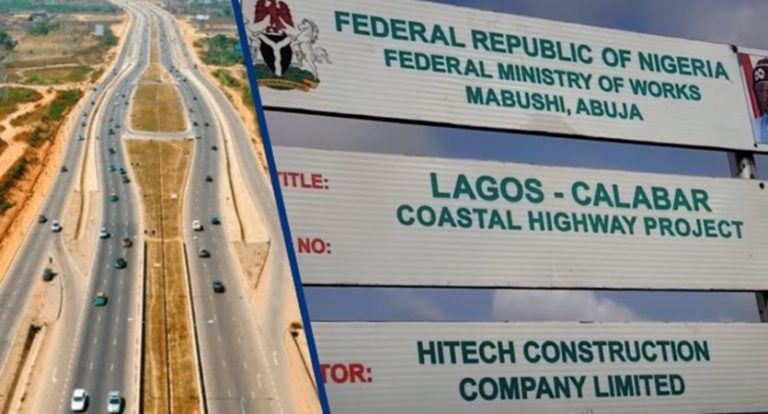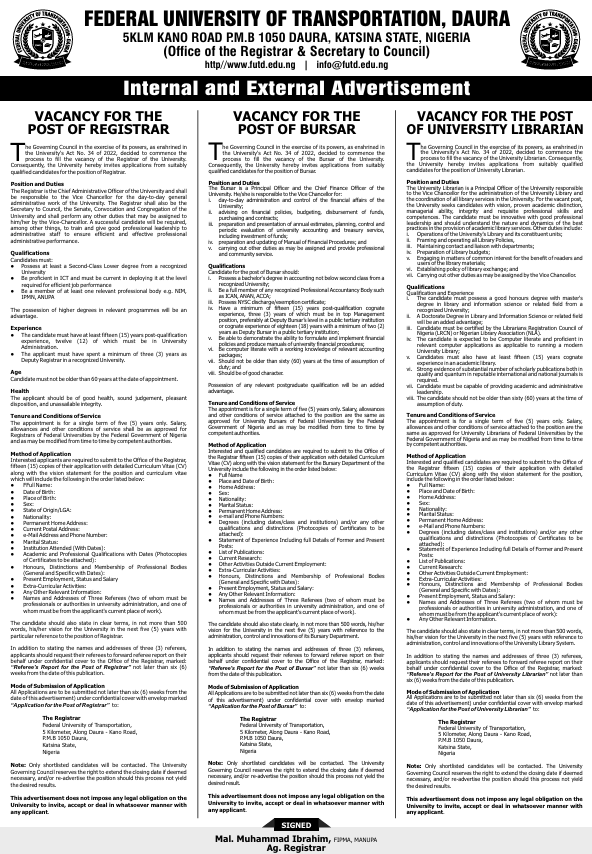The Board of Directors of the ECOWAS Bank for Investment and Development (EBID) has approved $100 million to support the construction of the Lagos-Calabar Coastal Highway.
The funding, approved during the bank’s 92nd Ordinary Session, forms part of a broader financial commitment totaling EUR 174 million and USD 125 million to stimulate economic growth and promote industrialisation across the West African sub-region.
The Lagos-Calabar project, which covers 47.7 kilometers, is expected to link nine Nigerian states, improve access to seaports and isolated agro-industrial zones, and help foster a regional value chain to benefit coastal communities.
In a statement, EBID noted: “These newly approved commitments are aligned with the United Nations Sustainable Development Goals (SDGs), particularly SDG 4 (Quality Education), SDG 7 (Affordable and Clean Energy), and SDG 9 (Industry, Innovation, and Infrastructure), as well as EBID’s strategic plan to promote resilient, inclusive, and sustainable growth within the ECOWAS region.”
With this latest investment, EBID’s total funding commitments across the sub-region now exceed USD 5 billion.
In addition to the Lagos-Calabar highway project, EBID approved funding for several key development initiatives across member states, including:
EUR 50 million for the construction and equipping of six technical education and vocational training centers in the Togolese Republic by Planet One. The centers aim to equip Togolese youth with in-demand skills, benefiting approximately 3,480 learners annually.
USD 25 million for the Société de Ciment de Côte d’Ivoire to import 400,000 tonnes of clinker. The initiative is intended to boost cement availability and support the construction sector in Côte d’Ivoire.
EUR 28.9 million for the modernization and upgrade of four agricultural high schools in the Republic of Guinea to enhance agricultural education and workforce development.
EUR 95.16 million for the construction of three hydroelectric micro-power stations with a combined capacity of 30 MW at Poukou, Bolokoun, and Biwbaw in Guinea, in partnership with SOGEOH. The project is designed to harness local hydropower resources, improve rural energy access, and stimulate economic activity in underserved areas.













